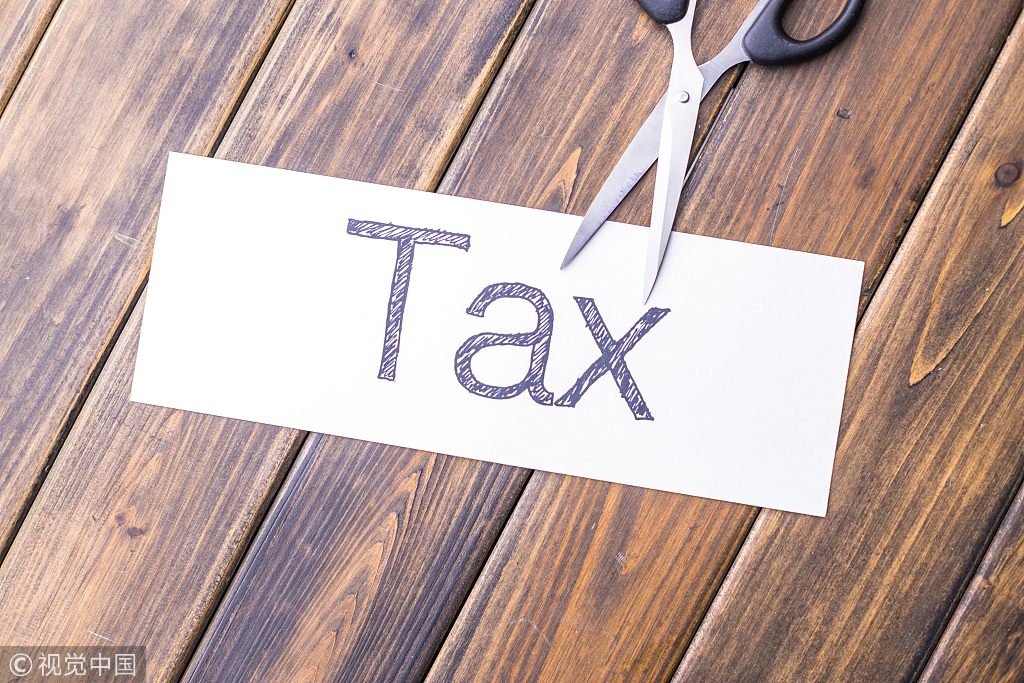New tax cuts increase disposable incomes of Chinese consumers


BEIJING - New tax cuts may have boosted consumers' income by 116 billion yuan ($16.73 billion), which could increase domestic consumption by 81 billion yuan, Asian investment bank Nomura said in a research note.
The latest round of tax cuts may also raise consumption growth and nominal GDP growth by 0.22 and 0.08 percentage point respectively, Nomura said in the note. "We expect more substantial tax reforms in the coming months."
The special additional deductions from taxable personal incomes, unveiled on Oct 27 in the form of draft temporary measures, are expected to shore up the Chinese economy amid external uncertainties.
They are also part of a broader overhaul of China's individual income tax law.
The new deductible items include children's education, continuing education, treatment for serious diseases, expenses toward elderly care, and housing loan interest and rents.
China has pledged a more proactive fiscal policy to boost the economy, which expanded at a pace of 6.7 percent in the first three quarters, above the government target.
China's Minister of Finance Liu Kun said in an interview the proactive fiscal policy will prioritize four areas, namely cutting taxes and fees, improving weak links, boosting consumption, and improving people's livelihood.
Apart from policies to reduce taxes and fees unveiled at the beginning of the year, China has announced more policies to support the real economy and technological innovation, which will help reduce enterprises' burden by more than 1.3 trillion yuan this year, Liu said.
While the revision on the individual income tax law is expected to reduce household burdens, China's new value-added tax reform measures helped trim the tax bills at the corporate level.
Starting from May 1, the VAT rate was lowered from 17 percent to 16 percent for manufacturing and some other industries, and from 11 percent to 10 percent for transportation, construction, basic telecommunication services, and farm produce.
In addition to the rate cut, the reform also offered tax incentives for some high-tech companies and unified the standard for small-scale taxpayers.
Altogether, these measures had reduced corporate taxes by 238.6 billion yuan as at the end of September, according to Zheng Xiaoying, a senior official with the State Administration of Taxation.
Owing to the reform, China's tax revenue growth slowed. It grew only 8 percent in the third quarter, lower than 13.1 percent in the second quarter and 17.8 percent in the first quarter, according to data from the administration.
More tax reduction measures may be on the way. Ma Jun, a member of the monetary policy committee of the People's Bank of China, said China could cut the tax by about 1 percent of GDP next year, reported Shanghai Securities News, which is run by the Xinhua News Agency.
That could mean China's tax cuts would be greater than the extent of the tax reductions in the United States, Ma said.




































